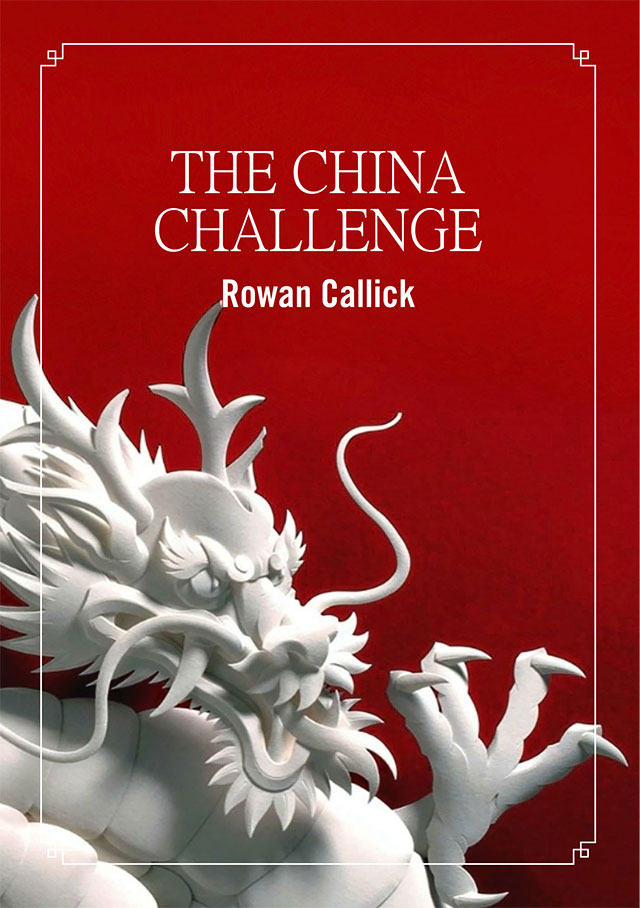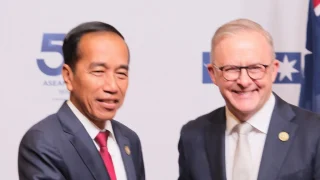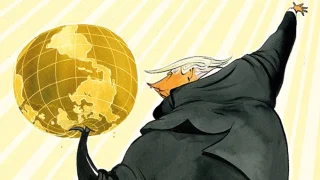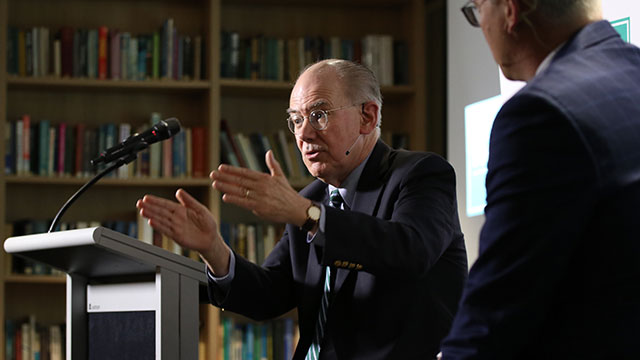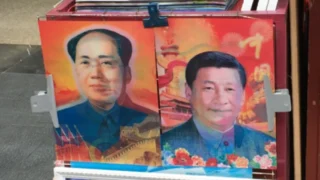
The rise of the People’s Republic of China (PRC) has helped make Australia rich, but it is also posing challenges to its values, interests, alliances and thus its identity.
Xi Xinping’s ambitious New Era represents a decisive break with the Old Era under Deng Xiaoping when China’s foreign policy was to ‘hide’ its strength and ‘bide’ its time. China is now transitioning towards becoming a pervasive global player. The Party has also begun to reassert its core communist values as inseparable from its interests, while its inclination and capacity to project these interests – including through weaponising its economic rise – have increased rapidly.
What can Australia do to respond as it finds itself closely enmeshed at many levels with a power whose goals now seem at variance to its own? Should it reduce or make conditional its openness and liberalism, and thereby risk self-harm? Should it avert its eyes from the radicalised PRC? China is too large and important simply to step around.
The key components of a new approach should be a resolute shift towards a much better understanding of contemporary China as well as greater engagement with Chinese individuals and groups beyond the party-state. At home Australia needs to communicate more purposefully with Chinese students and tourists. Members of its highly diverse ethnic Chinese population also need the strongest possible support to ensure they can make their own choices about Chinese community activities or expressing views on issues that may be controversial.
Image courtesy of Jeff Nishinaka Paper Sculpture
